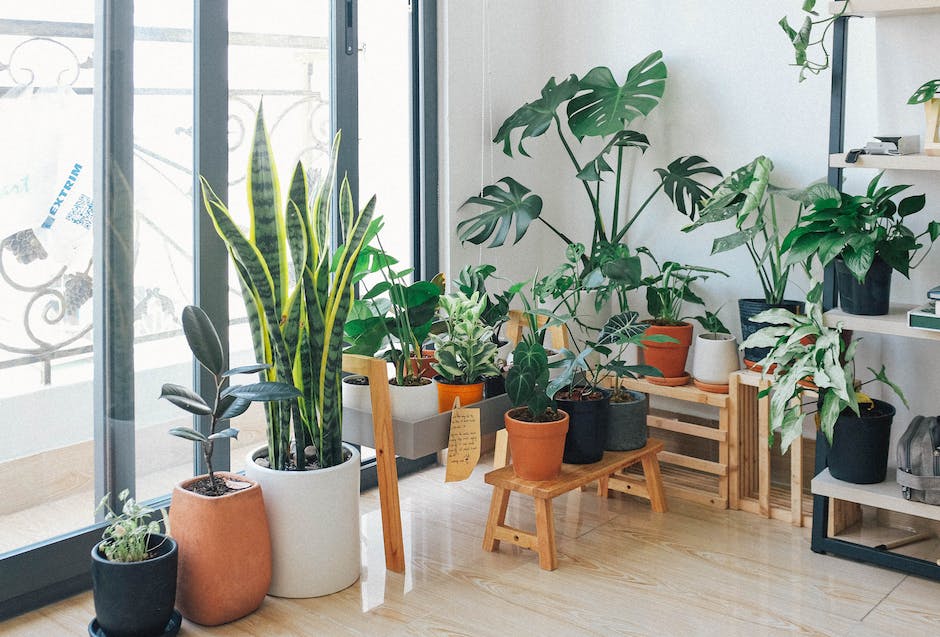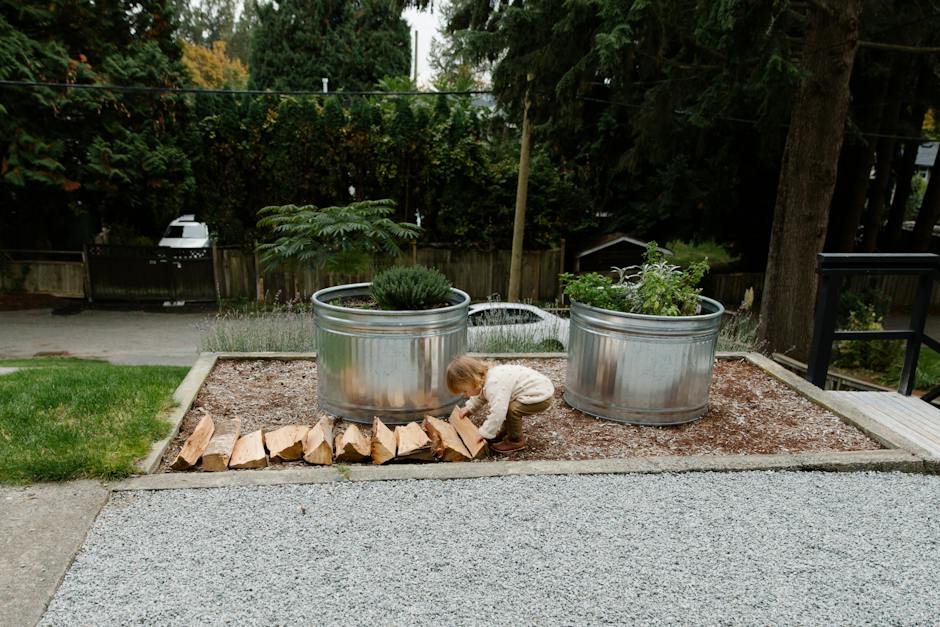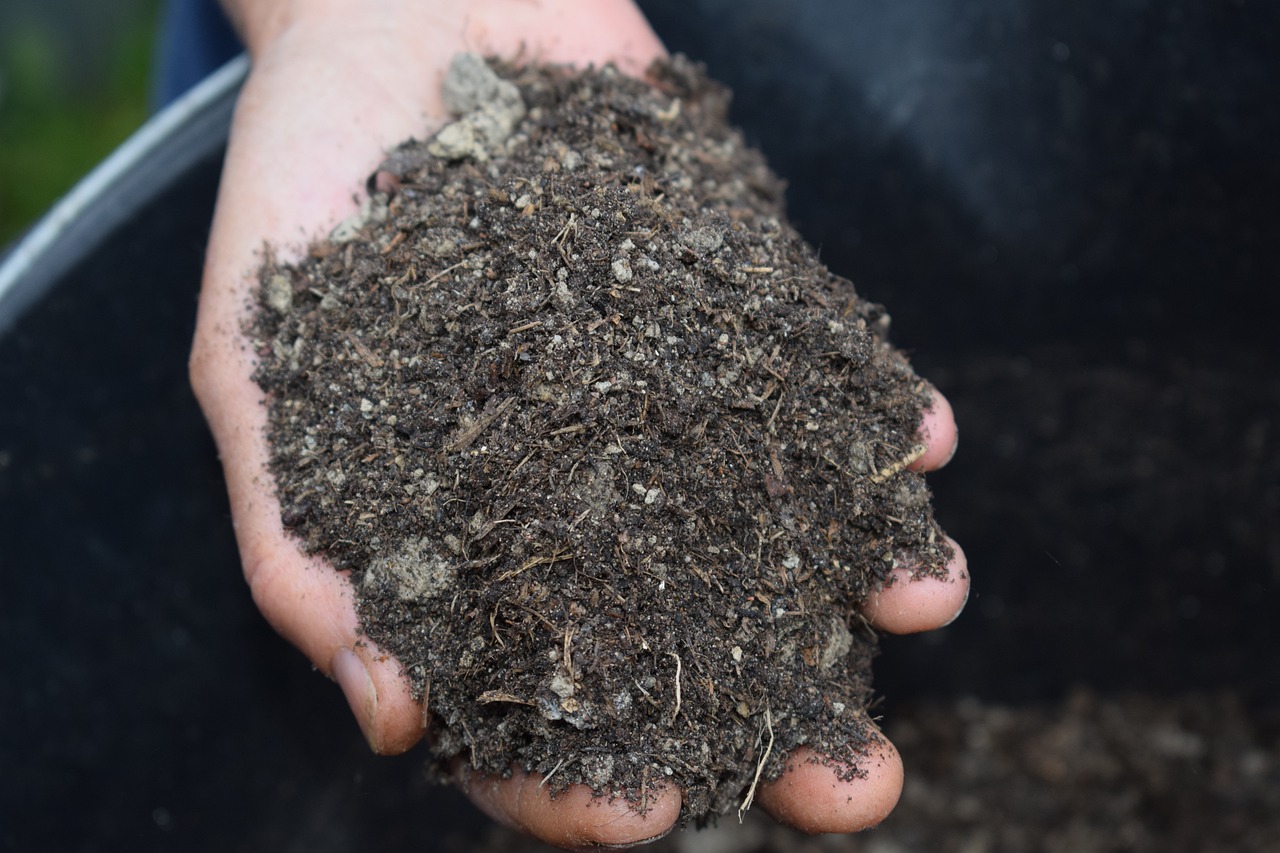The Pros and Cons of Having Yucca Plants Indoors
A comprehensive overview of the benefits and drawbacks
Yucca plants are popular indoor plants known for their striking appearance and low maintenance needs. They can add a touch of elegance and a tropical vibe to any indoor space, making them a favorite among plant enthusiasts. However, like any indoor plant, yuccas come with their own set of advantages and disadvantages. In this article, we'll explore the pros and cons of having yucca plants indoors, helping you make an informed decision about incorporating these beautiful plants into your home decor.
From their air-purifying abilities to their toxic properties, yucca plants have a range of characteristics that make them a unique choice for indoor greenery. Whether you're considering adding a yucca plant to your collection or are already a proud owner, understanding the benefits and downsides is essential for providing the best care and environment for these plants.
Pros
Yucca plants offer a variety of advantages that make them a wonderful addition to any indoor space. Their unique features go beyond just aesthetic appeal and can positively impact your indoor environment. Let's explore some of the surprising benefits of having yucca plants indoors.
Air-Purifying Properties
Yucca plants are known for their air-purifying abilities, making them a great choice for improving indoor air quality. They can effectively remove toxins such as formaldehyde, benzene, and xylene from the air, creating a healthier environment for you and your family. The presence of yucca plants indoors can contribute to reducing respiratory issues and allergies, promoting overall well-being.
Low Maintenance
One of the significant advantages of yucca plants is their low maintenance requirements. They are tolerant of drought and can thrive in various light conditions, making them ideal for busy individuals or those with minimal gardening experience. With proper care, yucca plants can remain vibrant and healthy, requiring little effort to upkeep.
Architectural Appeal
The structural elegance of yucca plants makes them a visually striking addition to any indoor setting. Their long, sword-shaped leaves and tall, upright growth habit create a bold and captivating presence, adding a touch of sophistication to interior spaces. Yuccas can serve as a focal point or a complementary element in interior design, enhancing the overall aesthetics of the room.
Adaptability
Yucca plants are adaptable to different environments and can thrive in various room conditions. They are tolerant of dry indoor air and can withstand fluctuations in temperature, making them versatile and resilient houseplants. Their ability to adapt to indoor settings with ease makes them a practical choice for different living spaces.
Natural Pest Repellent
Another advantage of having yucca plants indoors is their natural pest-repelling properties. The saponins present in yucca plants act as a deterrent for pests such as aphids and spider mites, helping to keep common indoor plant pests at bay. By having yuccas in your indoor garden, you can benefit from a natural pest control solution that minimizes the risk of infestations.
Varied Sizes and Shapes
Yucca plants come in a wide range of sizes and shapes, allowing you to choose the perfect fit for your indoor space. Whether you need a small potted plant for a table or a larger one to fill a corner, there's a yucca variety to suit your needs.
Drought Tolerance
Yucca plants are well-known for their ability to withstand dry conditions. This makes them an excellent choice for people who may occasionally forget to water their indoor plants. With their ability to store water in their thick leaves, yuccas can thrive even in the absence of frequent watering.
Missing a pro?
Let us know which pro you are missing!
Cons
While yucca plants offer numerous benefits, there are certain drawbacks that individuals should consider before introducing them into their indoor spaces. Understanding the potential downsides can help you make an informed decision about incorporating yucca plants into your home environment. Here are some of the potential drawbacks of yucca plants indoors.
Toxicity Concerns
Yucca plants contain saponins, which can be toxic to humans and pets if ingested. While the risk of severe poisoning is low, it's essential to place yucca plants out of reach of children and pets to prevent accidental ingestion. For households with curious pets or small children, the toxic nature of yucca plants may pose a safety concern.
Prickly Leaves
The sharp, pointed leaves of yucca plants can present a physical hazard, especially in homes with young children or pets that may inadvertently come into contact with the plant. The rigid, sword-like foliage can cause skin irritation or injury if mishandled, requiring caution when placing yucca plants in high-traffic areas.
Potential Overgrowth
In favorable conditions, yucca plants can exhibit vigorous growth, potentially outgrowing their designated indoor space. Their tall, upright growth habit may lead to the plant overpowering its surroundings, requiring frequent pruning and maintenance to manage its size. Individuals with limited space should consider the potential for overgrowth when introducing yucca plants indoors.
Susceptibility to Root Rot
Yucca plants are susceptible to root rot if overwatered or if they are planted in containers with inadequate drainage. Overwatering can lead to waterlogged soil, causing root rot and compromising the plant's health. Proper watering practices and well-draining soil mix are crucial for preventing the onset of root rot in yucca plants grown indoors.
Limited Aesthetic Versatility
While the architectural structure of yucca plants can be visually appealing, some individuals may find their appearance too specific or rigid for certain interior design themes. The distinct look of yucca plants may not blend seamlessly with every decorative style, limiting their aesthetic versatility in different indoor settings.
Prone to Spider Mites
Yucca plants are susceptible to infestations of spider mites, especially when kept indoors. These tiny pests can cause damage to the plant by sucking its juices, leading to leaf discoloration and web-like coverings. Regular inspection and prompt treatment may be necessary to prevent infestations.
Yucca Brevifolia's Size Limitation
One of the popular indoor yucca species, Yucca brevifolia, has a significant growth limitation when cultivated as a houseplant. Its growth is not as prominent indoors as it would be in its natural outdoor habitat. This may disappoint those looking for a large, flourishing houseplant.
Missing a con?
Let us know which con you are missing!
Conclusion
In conclusion, the decision to have yucca plants indoors entails weighing the benefits and drawbacks to determine if they align with your lifestyle and preferences. The unique characteristics of yucca plants, from their air-purifying qualities to their potential safety concerns, make them a distinctive choice for indoor greenery. By carefully considering the pros and cons, you can make an informed choice about incorporating yucca plants into your indoor environment.
What do you think?
Do you think the pros outweigh the cons?





